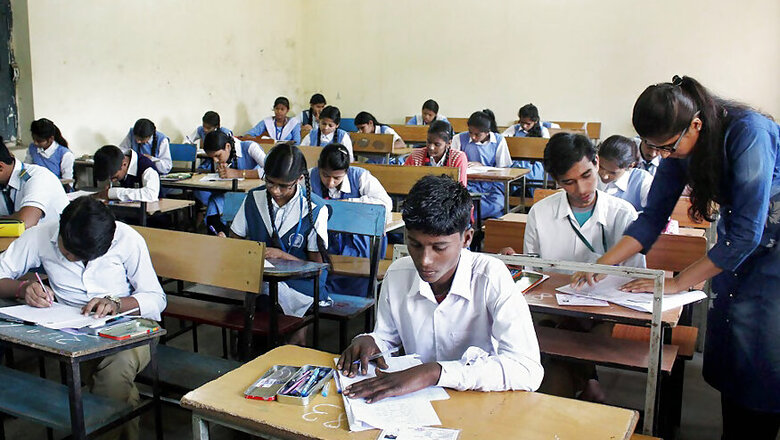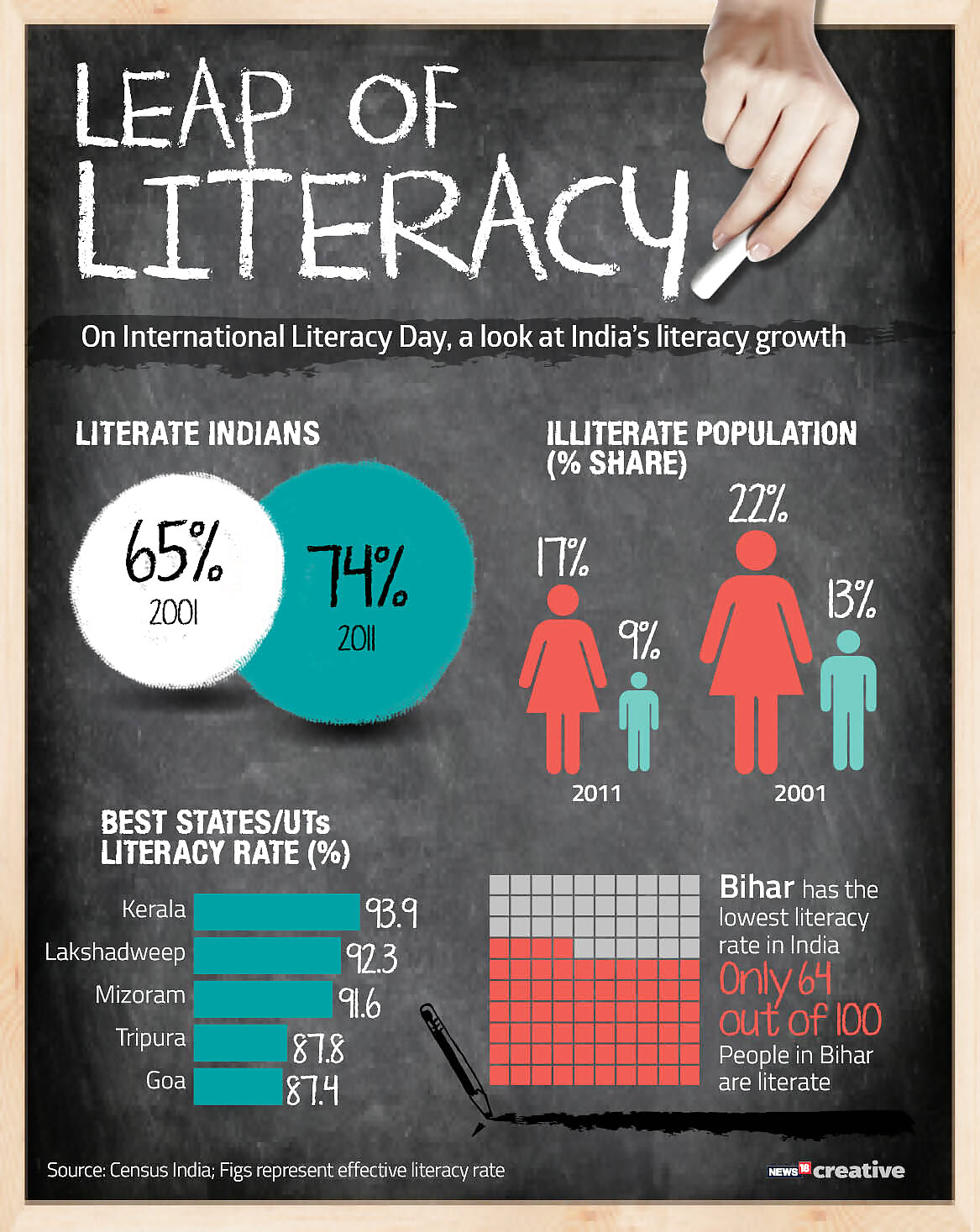
views
International Literacy Day is celebrated worldwide on September 8th every year. Education is the most crucial yet basic human right that transforms human behavior and enables betterment of mankind. The development came as a result of an idea that highlighted the need to eradicate illiteracy from the world during the World Conference of Ministers of Education in Iran that was held from September 8th to September 19th in the year 1965.

The following year in 1966, during its 14th General Conference, UNESCO pursued the Literacy mission ahead and hence declared that each year September 8th be observed as International Literacy Day. The idea then was to promote literacy or formal education not just in children but in adults too who didn’t get a chance to pursue academics. “National educational plans should include schooling for children and literacy training for adults as parallel elements,” insisted the stakeholders.
Meanwhile, chief minister of West Bengal has tweeted on International Literacy Day 2018, calling the issue of literacy a 'key component of the UN's Sustainable Development Goals and the UN's 2030 Agenda for Sustainable Development.'
Today is International Literacy Day. The issue of literacy is a key component of the UN's Sustainable Development Goals and the UN's 2030 Agenda for Sustainable Development. Our Govt is committed to spreading the light of education among all? Mamata Banerjee (@MamataOfficial) September 8, 2018
The First International Literacy Day was celebrated in the year 1967. The agenda was to imbibe reading and writing skills amongst children and adults from all backgrounds because education has the capability to arouse curiosity, logical thinking and develop a peaceful mind that directly impacts the social, economical and political environment of the World.
Despite efforts from UNESCO and Education Boards of each country, the adult literacy rate has not improved, rather it has only worsened. The prime reason cited is the population growth that has happened drastically in these 5 decades.
“The wider adult population has not benefited to the same extent in some regions. It is a troubling fact that there are now more adults without literacy compared with 50 years ago, meaning that our efforts have not kept pace with population growth,” said Qian Tang, Education Assistant Director-General - UNESCO, during the 50th International Literacy Day Review, last year.
Talking about South Asia, Nepal and Pakistan amplified the Adult Literacy Rate by 33% and 32.2% from the year 2000 to 2015. During the same period Bangladesh showed a 29.5% rise in Adult Literacy while India showed 18.4% increase.
50 years on as we celebrate the 51st International Literacy Day, the agenda still stands by its core however has transformed to Digital literacy too. With the ever-evolving technology, education sector has not remained untouched and in today’s age it becomes imperative to not just read or write but also understand how technology works, how digital has impacted our daily lives.
UNESCO already has set its mission for literacy with Education 2030 Agenda which transpires 17 Sustainable Development Goals by 2030 to eradicate poverty through education.



















Comments
0 comment